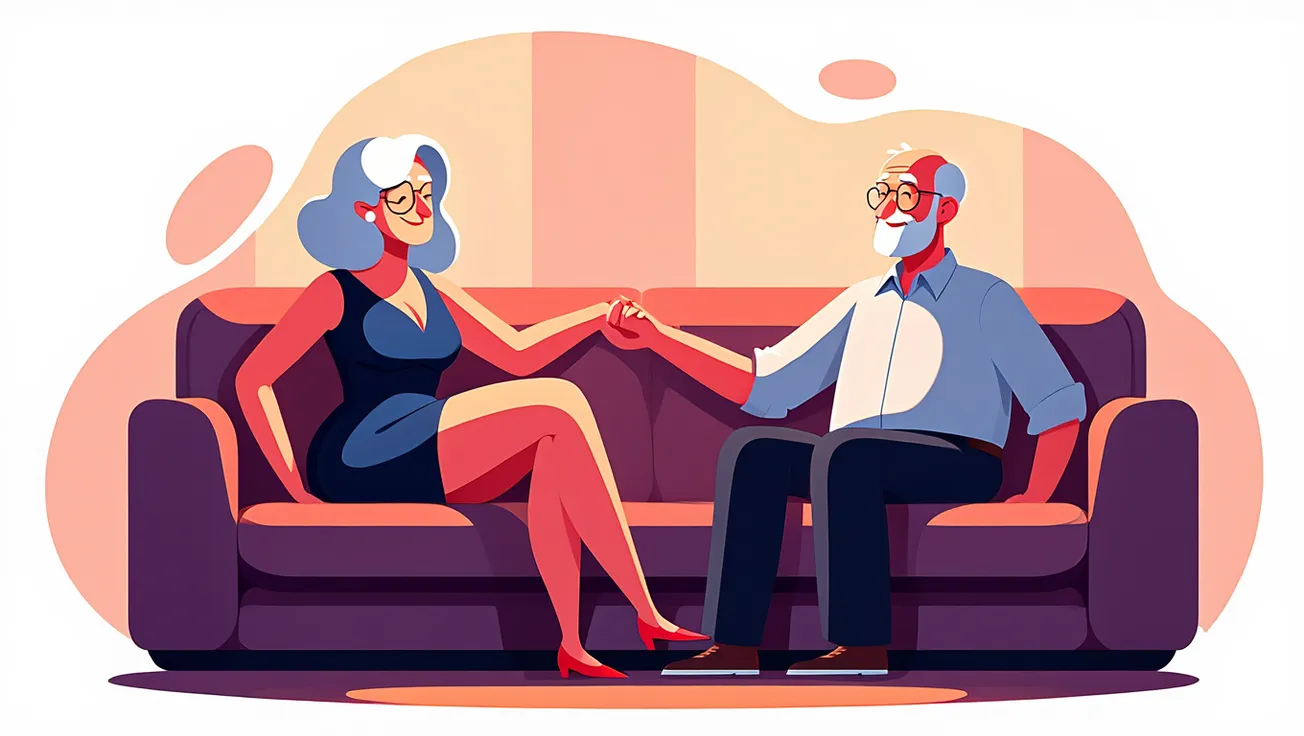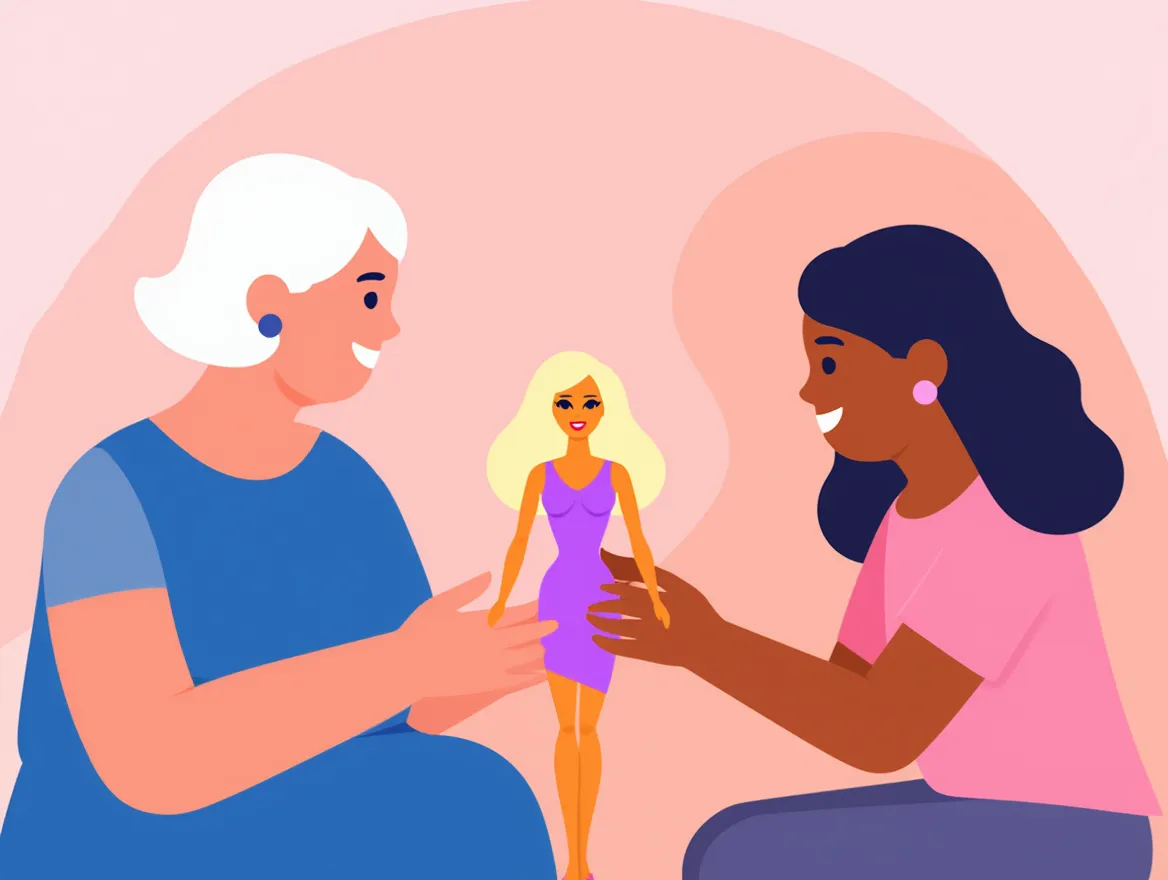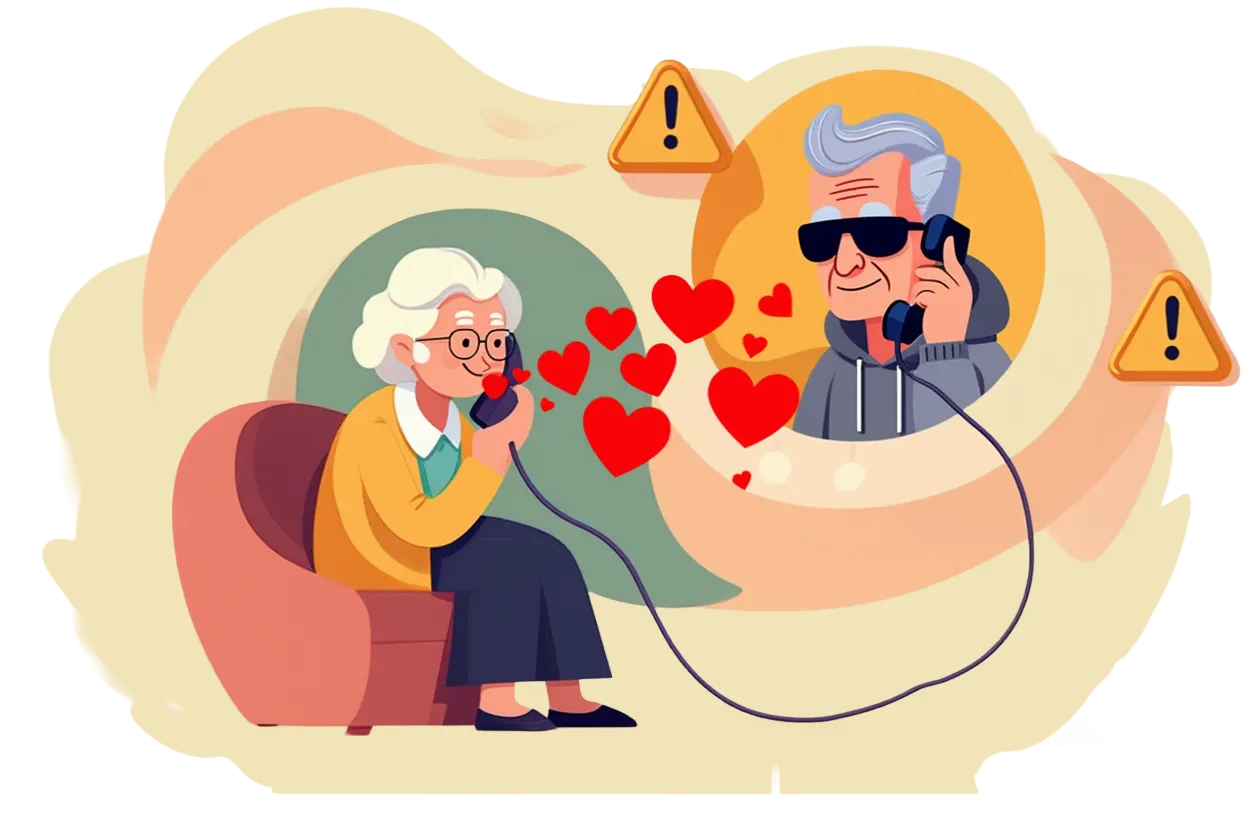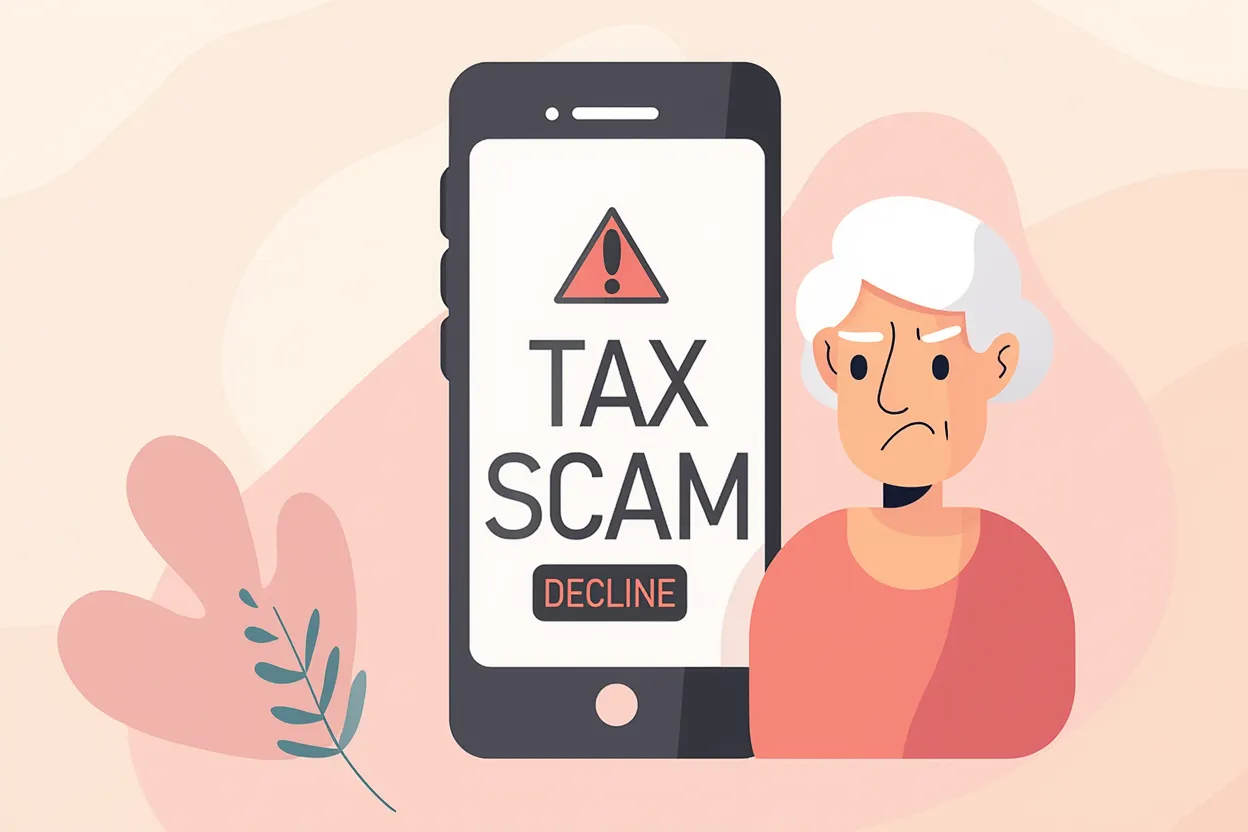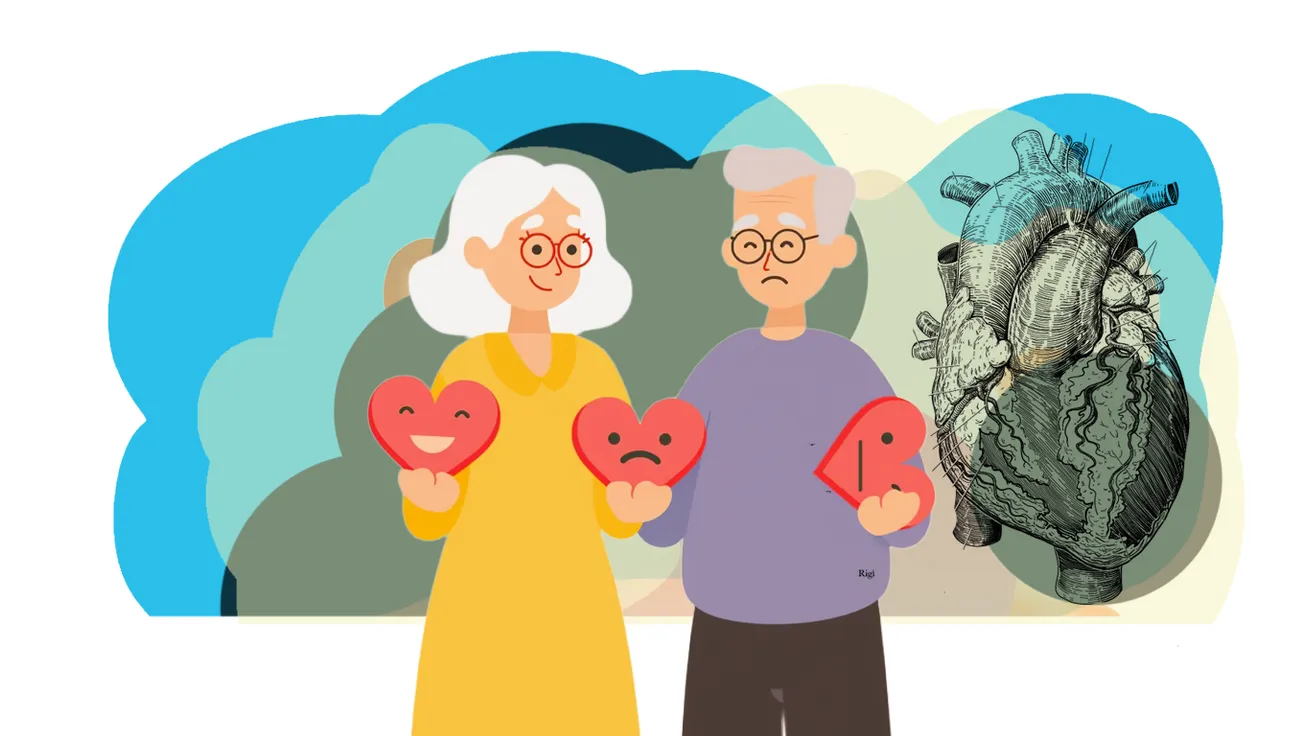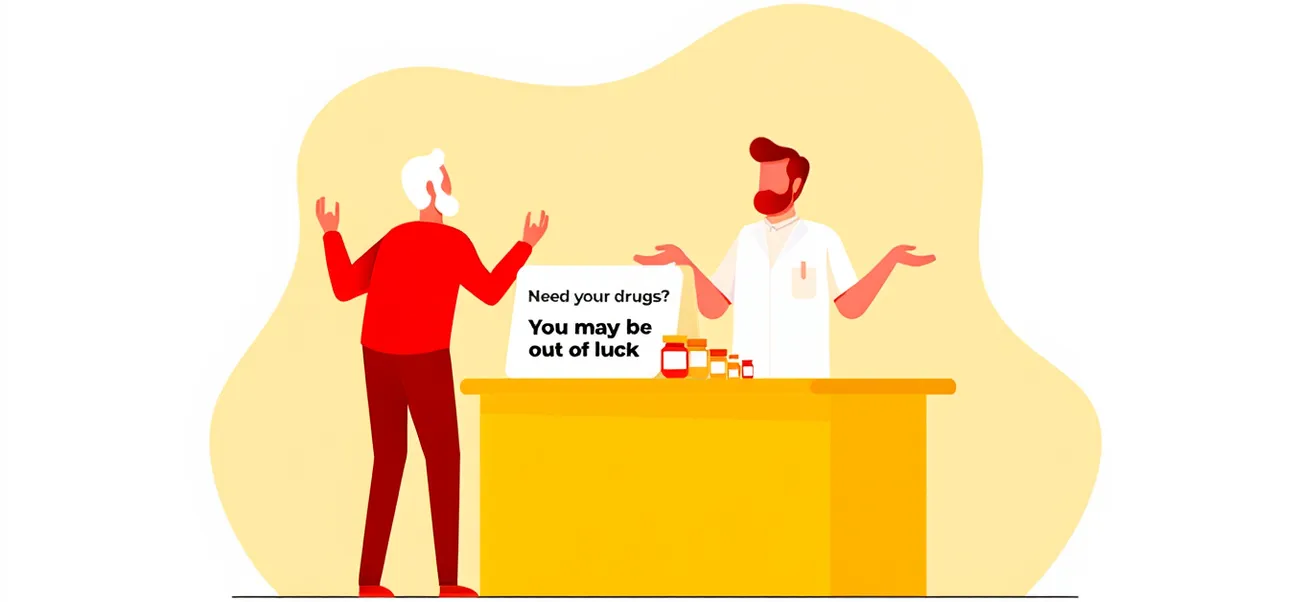The Takeaway
- Many seniors still crave sexual intimacy, but face new challenges with aging bodies.
- Weight gain, erectile dysfunction, and vaginal dryness can all make one partner reluctant to engage.
- Open, judgment-free communication is key to overcoming intimacy hurdles.
- Medical solutions and lifestyle tweaks can help both partners rediscover connection.
- Emotional closeness can be just as fulfilling—and often leads to physical reconnection.
You don’t stop wanting closeness just because you collect Social Security. But as couples age, keeping the flame alive can get complicated. One partner may still have a strong desire for intimacy, while the other has started pulling away—often for reasons that have nothing to do with love.
The good news? You’re not alone. And even better—this doesn’t have to be the end of your love story. In fact, it could be the beginning of a new chapter.
“It’s not you, it’s my knees…”
Let’s start with the basics: sex after 60 (or 70 or 80) looks different. That’s reality. But different doesn’t mean impossible—or even worse. It just means adapting.
Many seniors quietly struggle with physical changes that make sex feel like more of a challenge than a joy. Among the most common:
- Erectile dysfunction: For men, blood flow just isn’t what it used to be. This can create performance anxiety and avoidance.
- Vaginal dryness: For women, declining estrogen levels can make sex uncomfortable or even painful. That’s a major turn-off, no matter how much love is in the room.
- Weight gain or body image issues: We all change over time, and sometimes shame or embarrassment about a softer belly or saggy skin gets in the way of being vulnerable.
- Fatigue or chronic pain: Arthritis, medications, and everyday aches can dampen desire or make traditional intimacy difficult.
These challenges can lead to one partner retreating—not because they’ve stopped caring, but because they’re not sure how to talk about it… or how to fix it.
Talk first, touch second
The first step to getting back on track? Talk. And not in a way that pressures or guilts the other person.
Try something like:
“I miss being close to you—not just sex, but the touching, the warmth. Can we talk about how we might find our way back to that?”
Framing the conversation around connection rather than performance or rejection helps reduce tension and opens the door to real honesty.
Maybe your partner’s worried about “failing.” Maybe they don’t know help exists. Maybe they just need reassurance that they’re still wanted and desirable.
What can help?
Here are a few tools and tips that many couples have found helpful:
- For erection issues: Medications like Viagra and Cialis (talk to your doctor), vacuum erection devices, and even penile implants in more extreme cases.
- For vaginal dryness: Over-the-counter lubricants (water- or silicone-based), vaginal moisturizers, or prescription hormone creams can make a huge difference.
- For low confidence: Small gestures—massages, holding hands, sleeping naked, bathing together—can rebuild trust and spark desire.
- For mobility or pain issues: Changing positions, trying different locations (hello, recliner chair!), or using pillows for support can help make intimacy more comfortable.
And remember: intimacy doesn’t always have to mean intercourse. Sometimes kissing, cuddling, skin-on-skin contact, or just lying together and talking can be more meaningful than a “performance.”
Don’t go it alone
Your doctor—especially a geriatric specialist or sex-positive therapist—can be a valuable resource. They’ve heard it all, and they know what works. Couples counseling (yes, even just a few sessions) can help unpack resentments or fears that have built up over time.
Still worth the effort
You’ve lived through decades of highs and lows. You’ve paid your dues. If there’s still a spark inside you, it deserves a chance to glow.
With a little understanding, a lot of patience, and a few practical adjustments, intimacy can still be one of life’s sweetest rewards—no matter what your birth certificate says.
And who knows? That old magic might still be hiding right there in the comfort of your shared bed.
A Quick Warning About “Male Clinics” and Performance Promises
If you’ve ever flipped through the back pages of a magazine or heard a late-night radio ad promising to “reignite your love life in just one visit,” be cautious. Some so-called “sexual performance clinics” aggressively target seniors with high-pressure sales tactics and expensive, unproven treatments.
These clinics often promise miracle cures—usually involving injections, custom hormone blends, or fancy-sounding “wave therapy.” The problem? Many of these services are not FDA-approved, not covered by Medicare, and not backed by solid science.
Some patients walk in for a consultation and end up paying thousands of dollars up front for “packages” that may not help at all.
Here’s how to protect yourself:
- Avoid places that guarantee results or use terms like “permanent fix” or “revolutionary cure.”
- Don’t sign anything on the spot. Take time to review paperwork and pricing.
- Check with your primary care doctor before starting any new sexual health treatment.
- Google the clinic's name + 'complaints' or 'scam' and see what comes up.
There are real medical treatments out there that can help with ED, dryness, and low libido—but they usually come through your doctor, urologist, or gynecologist—not a strip mall clinic charging $5,000 for “wave therapy.”
Disclaimer: This article is for informational purposes only and does not constitute medical advice. Always consult with a licensed healthcare provider before beginning any new treatment for sexual health, including medications, supplements, or therapies. Individual results may vary, and what works for one person may not be appropriate or effective for another.


